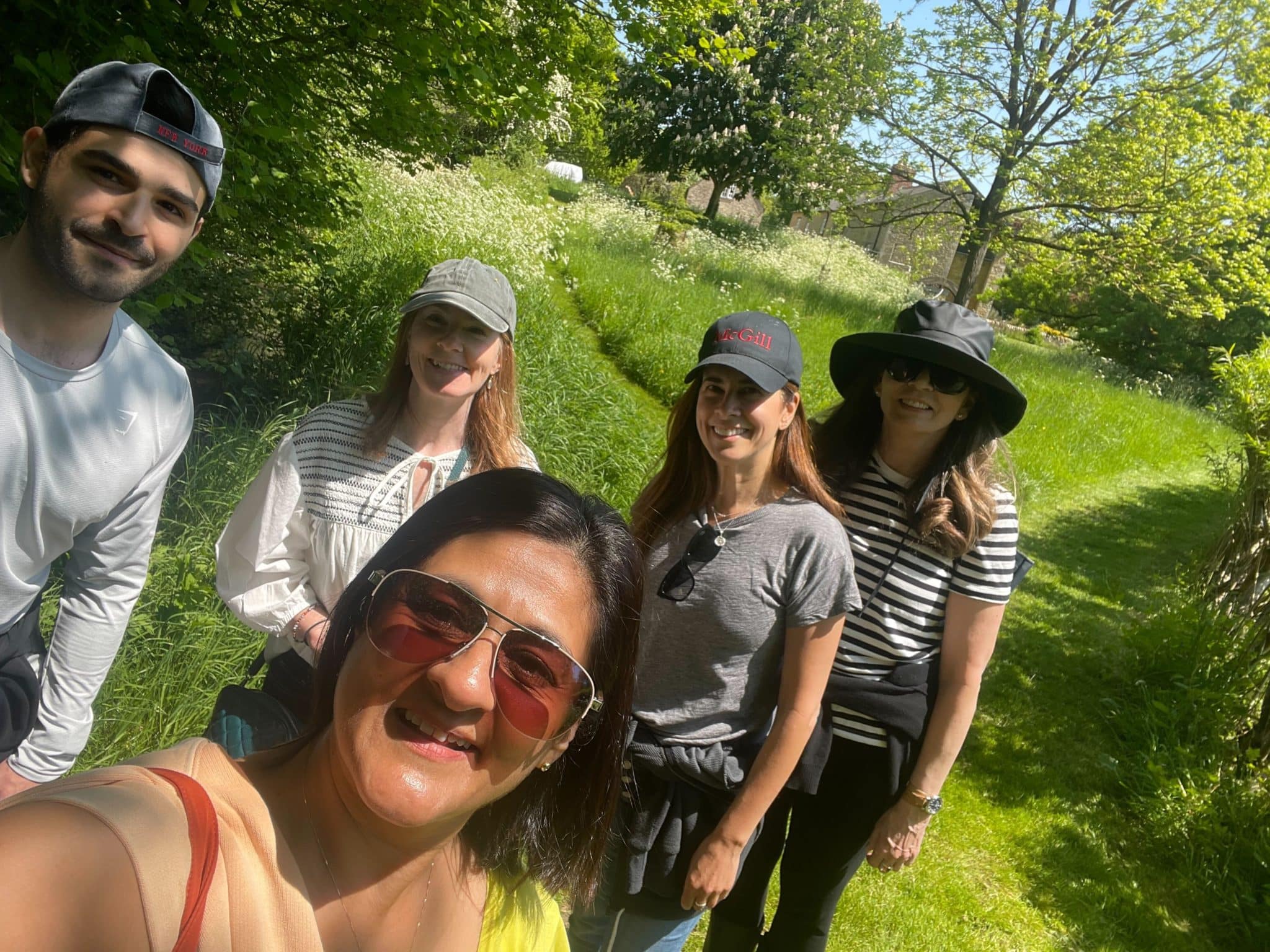This week is Mental Health Awareness Week in the UK. To recognise it, we spoke with Anne Benedict, Compass’s Chief People Officer, to hear about how Compass’s wellbeing programme has evolved over the last few years and why it’s so important to support team members’ wellbeing.
Tell us about Compass’s wellbeing programme. How has it evolved over the last 2-3 years?
Three years ago, we implemented a comprehensive wellbeing programme at Compass, with two main components: a Community Wellbeing Lead and an enhanced global employee assistance programme. Our Community Wellbeing Lead, Leora, connects with people on a one-to-one basis, offering confidential and tailored coaching support and helping us to navigate the available resources. Then our employee assistance programme offers proactive wellbeing resources, practical information, and up to 20 counselling sessions including CBT for everyone and their families at Compass.
Over the years, our wellbeing programme has expanded to include Community Circles (regular opportunities for team members to connect, share lived experiences, inspire others, and learn from each other); special support activities and groups have cropped up, entirely driven by our own employees, including mindfulness sessions, employee-led yoga, and a hiking group; and support groups for parents and carers and people who are neurodiverse. This is a testament to the support that people find from each other at Compass, which is a powerful effect of the like-minded community at Compass and our culture.
Over the last 12 months, we’ve conducted a comprehensive review and refresh of our health and wellbeing benefits. We’ve also signed a pledge with the National Alliance on Mental Illness (NAMI) to become a StigmaFree company. This is a public commitment to fostering a culture of openness, acceptance, and understanding about employees’ health and wellbeing, with a particular focus on mental health.

Why is it so important to proactively support team members’ wellbeing?
As a company with a mission to support people living with mental illness, we want to be a leader and “walk the talk” in this area. We know that work can be stressful, and we want to do as much as possible to support our team so that they can really thrive in their personal and professional lives. It’s not the only the right thing to do, it’s good for companies, because people feel more fulfilled at work. We also recognise that our Compass community has a role to play in supporting each other with stressors outside of work, such as relationships, family issues, financial concerns, health anxieties, etc. We provide an environment and encouragement for this community to thrive.
Which wellbeing initiatives have been the most impactful?
Compass has really benefited from Leora, our Community Wellbeing Lead. She’s able to provide independent confidential wellbeing support to all team members and encourages us to consider wellbeing as part of everything we do. She also works with our teams to help them better understand and support each other.
Another initiative that’s been highly impactful is our quarterly Wellbeing Leadership Forums for line managers. Line managers come together to hone their skills in supporting their own wellbeing and that of their team, share anonymised case studies, and learn from each other. This builds a stronger management community at Compass.
But the initiatives are just a bolster for the most powerful contributor to wellbeing at Compass, which is our culture and way of working. This includes hybrid working, respecting time zones, and our values which underpin everything we do.
How do you see the wellbeing programme evolving in the years to come?
We’ve always considered belongingness to be an important contributor to overall wellbeing. To that end, I see the programme evolving to encompass more opportunities for us to facilitate a sense of belonging through more interest groups and opportunities to connect. Research shows that having a sense of belonging and connection with the people you work with can have a positive impact on innovation, engagement, and quality of work. It may be especially impactful for those with smaller social networks outside work.
We will also continue to review our healthcare benefits year on year, and look out for new, innovative digital wellbeing solutions, to ensure our team members have more individualized support at the moments when they most need it.


